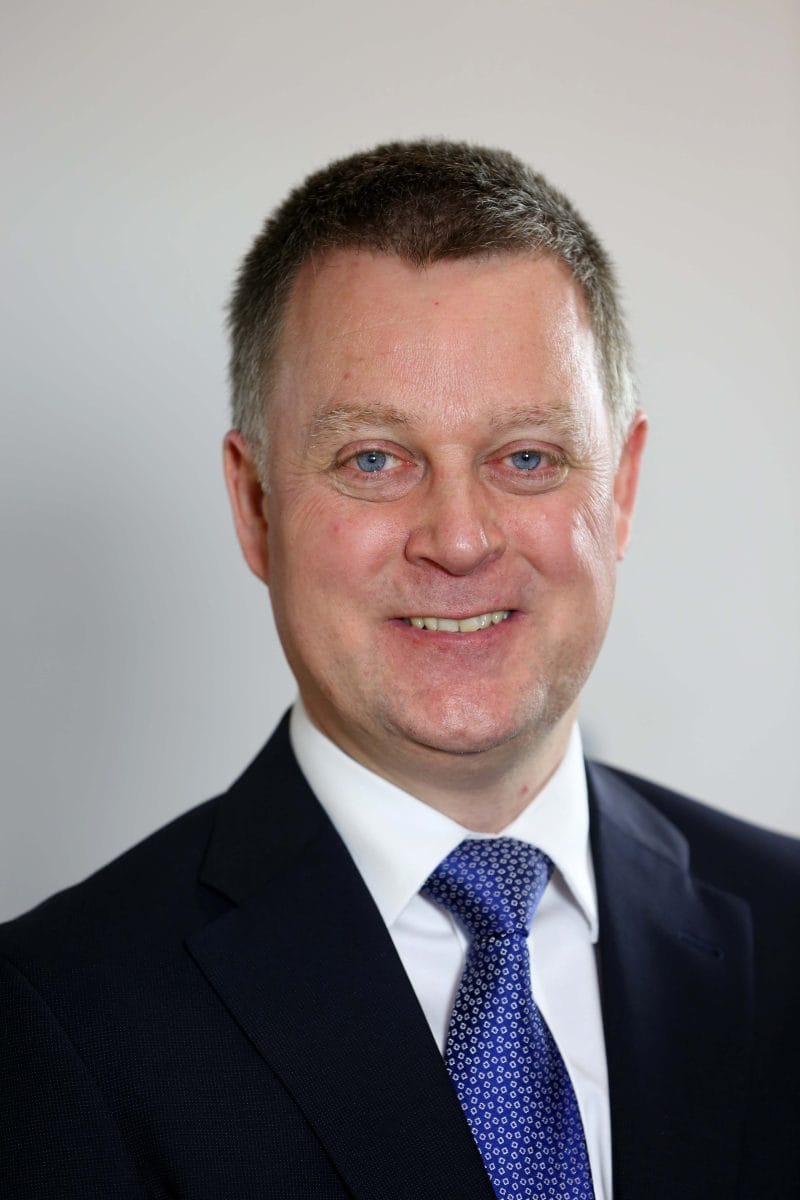Northern Ireland consumers have over £5,000 less in their savings pots than the rest of their UK counterparts, a report has revealed.
New research from the Building Societies Association (BSA) found that, in total, local savers have set aside just over £11,000 for a rainy day compared with a UK average of £16,232.
But the findings, published as part of UK Savings Week, showed that almost 90% of people here could afford an unexpected expense of £300, unlike elsewhere in the UK, where more than a fifth (21%) could not.
Monthly savings in Northern Ireland (£230) are also only fractionally less than those nationally (£237) and £43 higher than in Scotland (£187).
Declan Moore, operations director at Progressive Building Society, which is supporting UK Savings Week, said it was reassuring that consumers here could cope with a financial emergency and he commended savers for putting away over £200 each month.
“The cost of living is still having an impact on household budgets, making it difficult for many consumers to build a savings pot, but we know that people are doing their best to put money aside,” he said.
“Northern Ireland consumers are vigilant at checking interest rates on their savings accounts and not leaving their savings in a current account.
“Those who put away money, also do so more often that their UK counterparts.”
Mr Moore said that for many consumers, savings accounts equal peace of mind, hence Savings Week 2024’s focus on how setting aside even a small sum of money can make a big difference.
“Saving is personal to individuals; for some, it’s about a dream holiday, for others a new home,” he said.
“The message from this year’s campaign is that savings are what you make of them. They’re not just ‘savings’ accounts, they’re ‘peace of mind’ accounts or ‘treat yourself’ accounts, and they’re different for everyone.”
According to the statistics, with £11,010.70 in total, Northern Ireland people have the least in savings of all UK consumers. Wales is second lowest with £13,757, followed by those in the North East with £13,762.80. Topping the table are consumers in the East of England where average savings pots sit at £18,458.
Although total savings is lower, people in Northern Ireland put money away for a rainy day more often than many of their counterparts. The UK average is 15.5 times a year, whereas we do it 16.5 times.
Similarly, while over a fifth (21%) of UK adults could not meet an unexpected expense of £300 if they suddenly had to, that figure is much lower in Northern Ireland, at 11%.
A quarter of UK adults have less than £1,000 in savings, according to the findings. In Northern Ireland that figure rises to 29%, with 7% of NI consumers have no savings at all compared with a UK average of 10%
Nearly half (48%) of UK adults are still saving less than they did before the cost-of-living crisis but that figure is slightly lower in Northern Ireland, at 38%. Almost a third (32%) of people in Northern Ireland, as in the rest of the UK (33%), do not have enough savings to live off for more than a month, according to the study.
UK adults put £237 into savings each month on average. In Northern Ireland that figure is slightly lower at £230, but higher than Scotland, where £187 is the norm, or the North East, which sits at £206.
The report also found that consumers in Northern Ireland are clued in when it comes to interest rates, with 88% comparing the return on their savings accounts with others available. That compares with a UK average of 69%.
Similarly, people here are least likely to remain loyal to their childhood providers when compared with elsewhere in the UK. Indeed, 41% of UK adults are still with the same savings provider as when they opened their first account as a child, whereas that figure falls to 32% here.
We are also much better at using savings accounts than anywhere else in the UK with only 8% of leaving our savings in current accounts compared to 28% of our counterparts elsewhere.

